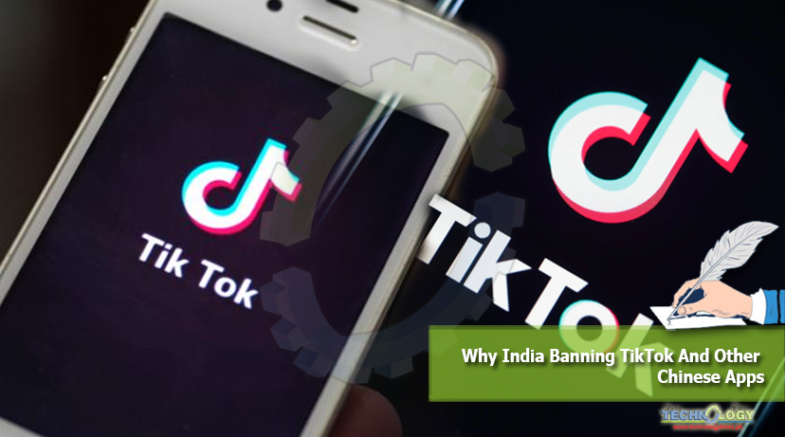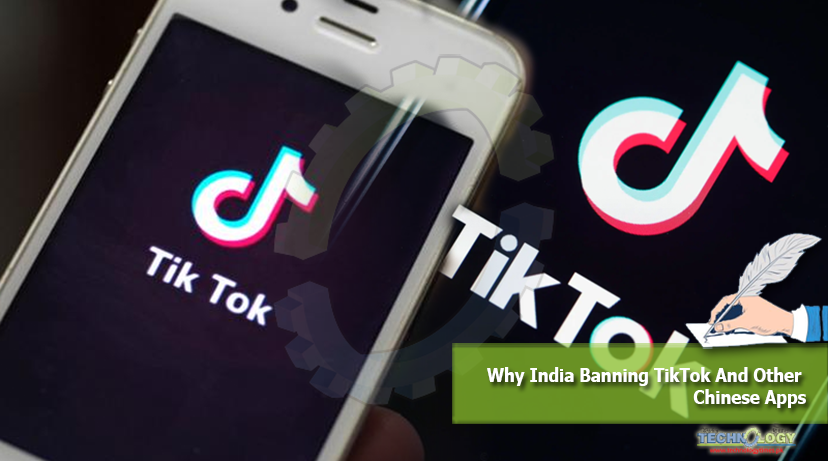The world’s two biggest internet markets are in conflict, as New Delhi Banning TikTok And Other Chinese Apps finds a new arena for its skirmishes with Beijing.

Why India Banned TikTok
On Monday, India’s government announced it would block the use of 59 mobile apps because they were “engaged in activities … prejudicial to [the] sovereignty and integrity of India.” While New Delhi’s press release didn’t mention Beijing by name, the list of 59 apps—each run by Chinese companies—made clear that it was the intended target.
The blocked software includes the video-sharing app Banning TikTok, which has been downloaded an estimated 600 million times in India; UC Browser, an internet browser that uses very little data and is popular among Indians using low-cost smartphones; and other well-known apps such as Shareit, Baidu, Weibo, and WeChat.
India cited section 69A of its Information Technology Act in its explanation for why it took action. But according to Indian law, it could have kept the decision confidential. Taking a public stand against China was the point. After last month’s deadly skirmish with Chinese troops, New Delhi has faced domestic pressure to come up with a robust response. Its options on trade were limited and potentially self-defeating, while military options were even more dangerous. China’s technological exports were a natural arena to turn to—and one in which India could actually impose some damage.
Monday’s decision is momentous on its own, but it will also likely spur tit-for-tat actions between the world’s two biggest internet markets in terms of users. It may even set a precedent for other countries looking to regulate or ban Chinese tech firms.
The impact on China. India is China’s biggest external market for apps such as TikTok and UC Browser. While India represents a relatively small source of revenue for Chinese apps, it is still its fastest growing major market. As Indians grow richer, average revenues per user will increase: India’s digital advertising market is expected to grow by 26 percent this year, CNN reports. New Delhi’s actions close off this market. There may be further action on other Chinese software and hardware, especially 5G products, as Indians become more aware of the potential security threats of Chinese technology.
Just this week, for example, the U.S. Federal Communications Commission officially designated Huawei and ZTE as national security threats, effectively barring U.S. internet providers from using federal subsidies to buy their equipment.
The impact on India. New Delhi’s decision will hurt Indians, too. While the move will please the country’s jingoistic media and those calling for revenge after last month’s border skirmish, banning TikTok will hurt thousands of Indian content creators who depend on the Chinese app for their livelihoods. Even so, Indian companies such as Roposo, a local alternative to TikTok, may see a surge in interest and new users. Chrome is still the most popular browser app in India, and companies such as Google may also benefit from the blocking of UC Browser.
A new era of techno-nationalism? While the immediate impetus for India’s actions comes from the border clashes, the app ban itself is not that surprising given the broader trend of countries trying to safeguard their citizens’ data. As more Indians come online through cheap smartphones and low-cost data plans, personal data will become more valuable to tech firms and governments alike. Given how intertwined China’s biggest companies are with the state, it was only a matter of time before countries such as India imposed their own Great Firewalls.
If anything, India may have left it too long, given the inroads made by apps such as TikTok, and the fact that the most popular smartphone brands in India are not just companies such as Huawei and Xiaomi, but also less Chinese-sounding brands such as Oppo, Vivo, and OnePlus. (Vivo is the title sponsor of the popular Indian Premier League cricket series, a relationship that may well now be cut short before next year’s tournament.)
Originally Publish at: https://foreignpolicy.com/
